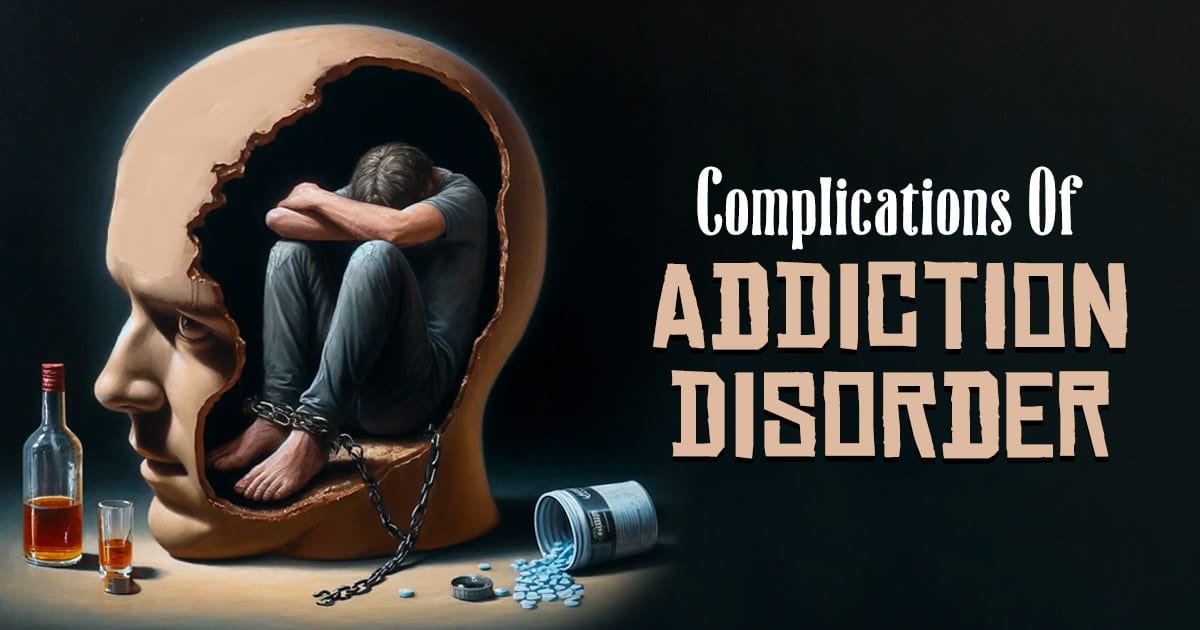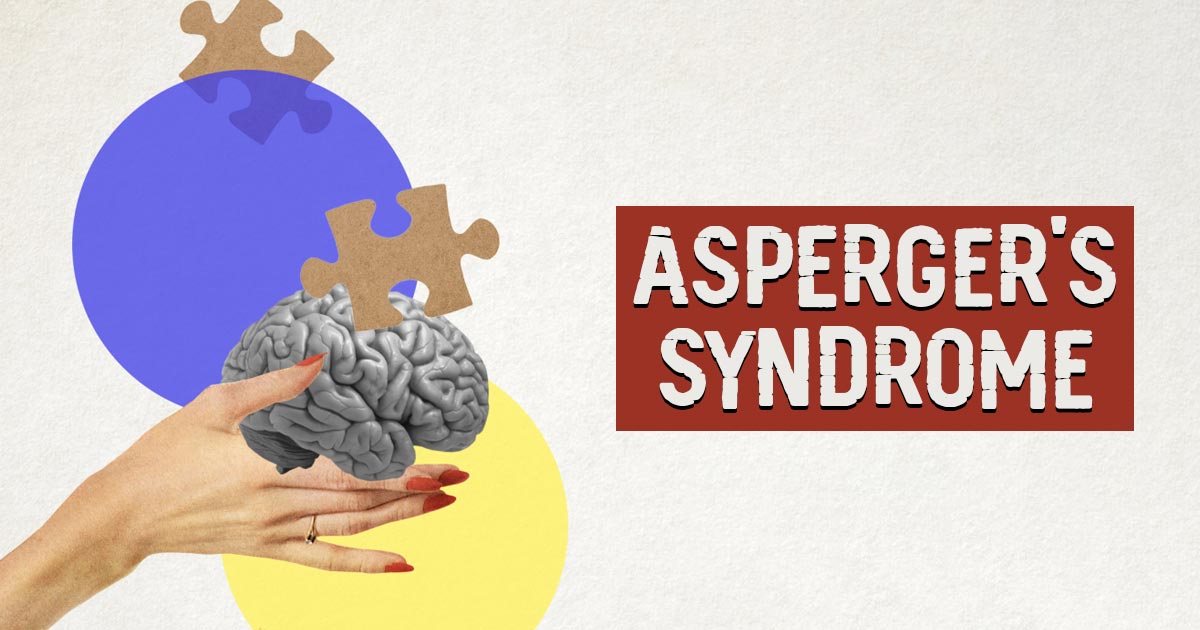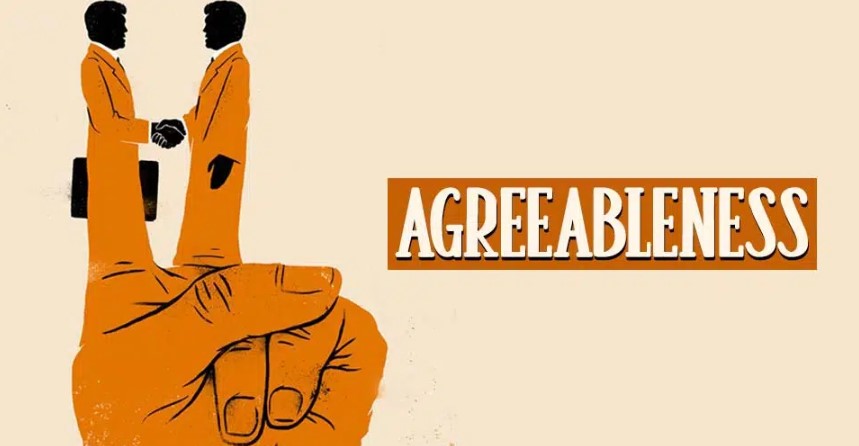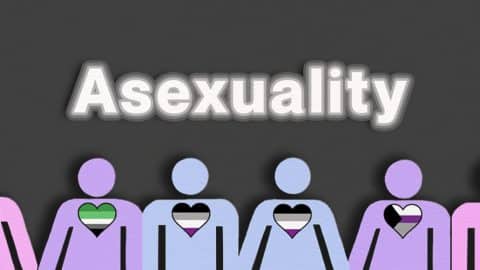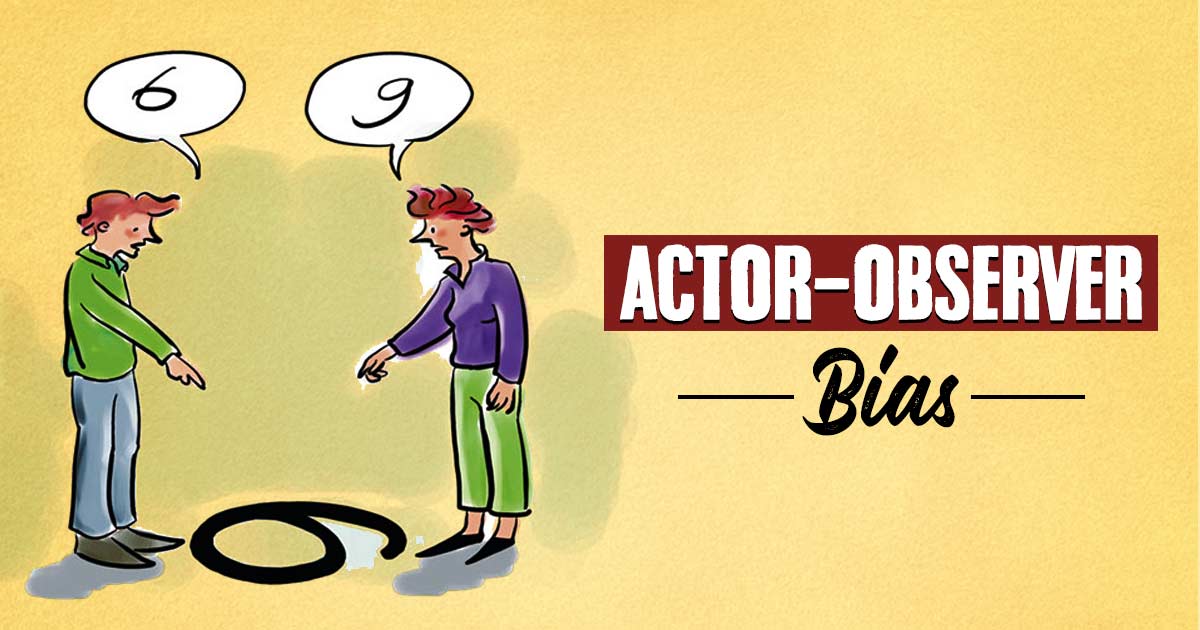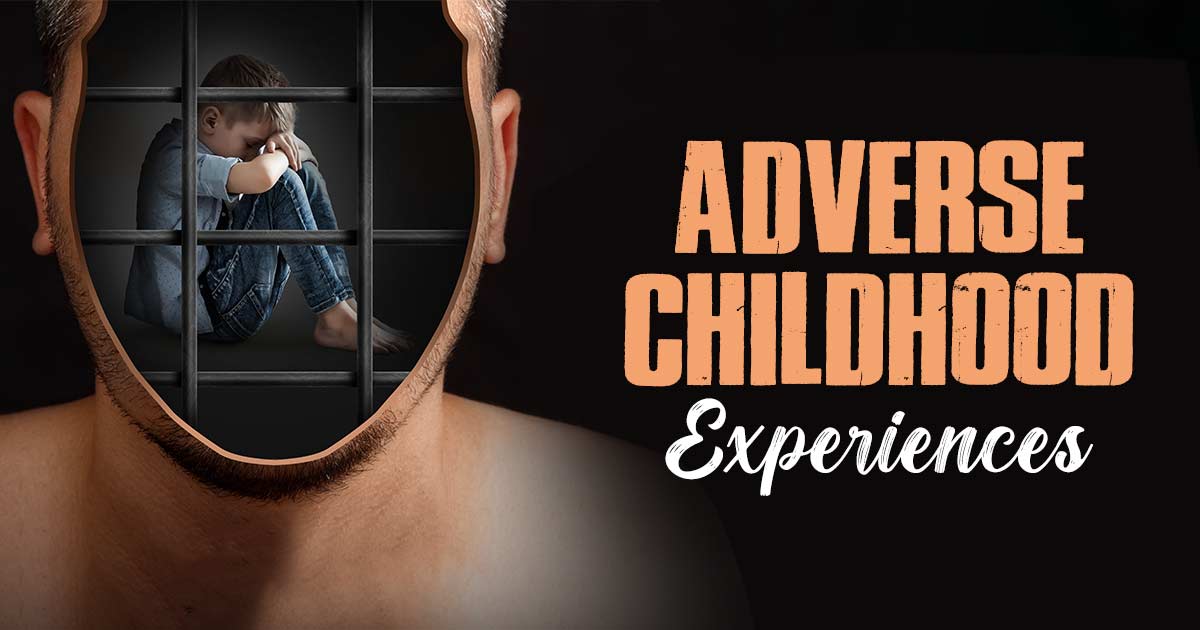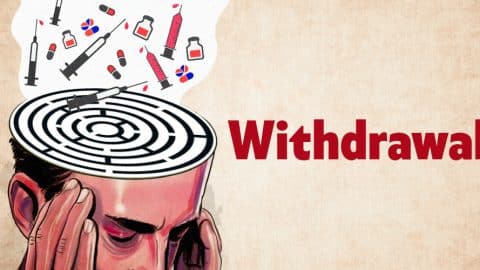Addiction is a chronic mental health condition in which a person misuses and becomes dependent on a substance or non-substance, despite harmful consequences. Because it is a pervasive and debilitating health disorder, several complications of addiction may occur. These complications may be physical, psychological, and social.
The Mechanisms Of Addiction
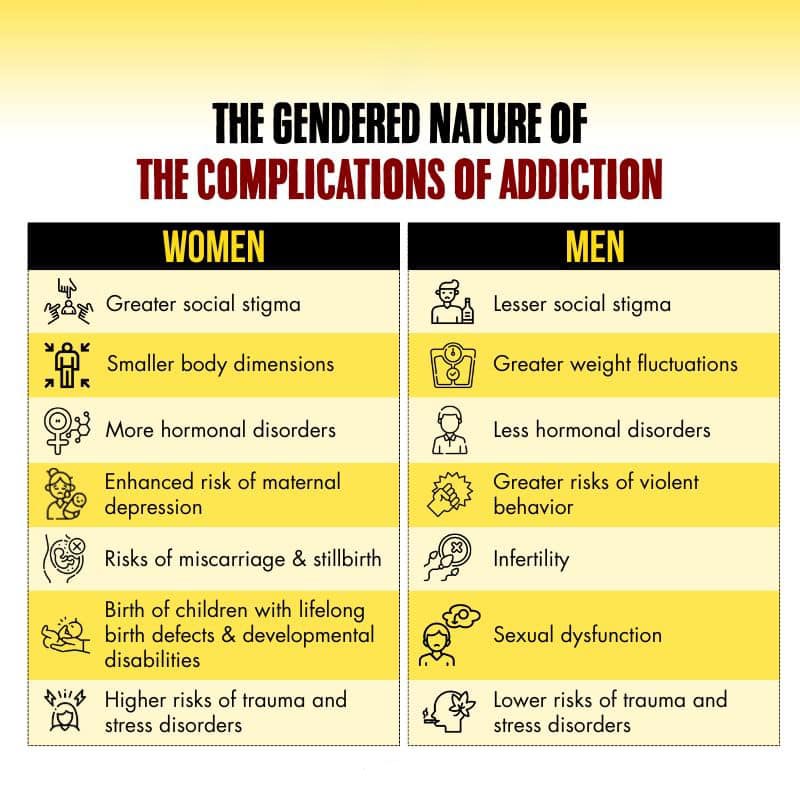
Addiction to substances and non-substances creates structural and functional changes in the brain 1 Koob, G. F., & Zorrilla, E. P. (2010). Neurobiological mechanisms of addiction: focus on corticotropin-releasing factor. Current opinion in investigational drugs (London, England : 2000), 11(1), 63–71. , particularly in its circuitry and release of dopamine. Such changes alter how the brain responds to reward, motivation, and impulse control.
These are also associated with behavioral disorders, negative thought patterns, and impaired decision-making processes. Moreover, these conditions can lead to a persistent craving for drugs and the inability to control drug use or behavior.
Read More About Addiction And The Brain Here
Continual drug-seeking habits 2 Yarborough W. H. (2000). Drug seeking behavior–a differential approach. The Journal of the Oklahoma State Medical Association, 93(6), 242–244. result in a full-blown cycle of addictive behavior that makes the body vulnerable to several physical and psychological complications. These long-term effects of addiction, in turn, impact the affected person’s career opportunities, social relationships, and life satisfaction.
What Are The Complications Of Addiction?
Research 3 McLellan A. T. (2017). Substance Misuse and Substance use Disorders: Why do they Matter in Healthcare?. Transactions of the American Clinical and Climatological Association, 128, 112–130. attributes the common complications associated with addictive behavior to the following:
1. Physical health complications
The physical 4 Fluyau, D., & Charlton, T. E. (2021). Addiction. PubMed; StatPearls Publishing. Available from: https://www.ncbi.nlm.nih.gov/books/NBK549783/ health complications of addiction can vary depending on the substance being abused and the severity and duration of the addiction. Some common medical complications of addiction include:
- Liver damage and associated conditions, like cirrhosis and hepatitis
- Coronary difficulties and Cardiovascular disease (CVD), like cardiac arrest, stroke, or high blood pressure
- Respiratory issues, such as chronic bronchitis, emphysema, and lung cancer
- Gastrointestinal problems, like ulcers, gastritis, chronic constipation, and inflammatory bowel disease
- Reduced immunity that enhances the risk of contracting infectious diseases, such as COVID-19, HIV/AIDS, and other transmitted diseases
- Nutritional deficiency diseases
- Dental problems like tooth decay, gum disease, and tooth loss
- Chronic body aches, seizures, and headache disorders
- Fluctuating weight
- Brain injury
2. Psychological complications
Addiction causes changes in the size and shape of certain brain regions, neurodegeneration, and brain aging—making the brain susceptible to psychological 5 Shantna, K., Chaudhury, S., Verma, A. N., & Singh, A. R. (2009). Comorbid psychiatric disorders in substance dependence patients: A control study. Industrial psychiatry journal, 18(2), 84–87. https://doi.org/10.4103/0972-6748.62265 complications that can have a significant impact on a person’s mental health and psychological well-being. Addictive behavior can trigger mental health conditions like:
- Mood disorders, like depression, bipolar disorders, etc. [Read more]
- Chronic anxiety, like social anxiety [Read more]
- Psychosis [Read more]
- Personality disorders [Read more]
- Trauma disorders
- Sleep disorders, such as insomnia [Read more]
- Eating disorders, such as binge eating, anorexia, etc. [Read more]
- Cognitive impairment
- Memory problems
- Poor motor control and decision-making skills
- Chronic irritability and restlessness
- Self-harm and suicidal tendencies [Read more]
3. Social complications
Addiction can be stigmatized and lead to discrimination in many areas of life, including personal, professional, and social. Common psychosocial 6 Daley D. C. (2013). Family and social aspects of substance use disorders and treatment. Journal of food and drug analysis, 21(4), S73–S76. https://doi.org/10.1016/j.jfda.2013.09.038 issues related to addictive behaviors include:
- Fractured relationships and social isolation
- Hampered professional growth, marked by decreased productivity, absenteeism, job loss
- Legal problems, caused by drug-related offenses, frequent arrests, incarceration, etc.
- Financial insecurity, arising due to unemployment, high cost of drugs and legal expenses, etc.
- Risk of violence, particularly domestic violence
- Other difficulties, including homelessness, healthcare discrimination, child welfare issues, etc.
4. Mortality
The greatest risk to addictive behavior, particularly substance use disorder (SUD), is overdosing. In fact, research 7 Krawczyk, N., Eisenberg, M., Schneider, K. E., Richards, T. M., Lyons, B. C., Jackson, K., Ferris, L., Weiner, J. P., & Saloner, B. (2020). Predictors of Overdose Death Among High-Risk Emergency Department Patients With Substance-Related Encounters: A Data Linkage Cohort Study. Annals of emergency medicine, 75(1), 1–12. https://doi.org/10.1016/j.annemergmed.2019.07.014 shows that fatal overdose is a leading cause of coma and/or death among people with addiction.
Addiction is also associated with a high incidence of accidental death. The cognitive effects of addiction 8 Gould T. J. (2010). Addiction and cognition. Addiction science & clinical practice, 5(2), 4–14. include impaired judgment and coordination, thereby leading to accidents such as car crashes, falls, and other injuries.
How To Cope With Complications Of Addiction
Coping with the complications of addiction largely involves developing new coping skills 9 James J. (2016). Dealing with drug-seeking behaviour. Australian prescriber, 39(3), 96–100. https://doi.org/10.18773/austprescr.2016.022 and strategies to manage cravings, avoid triggers, and prevent relapse. It also means looking out for symptoms of physical and mental health conditions co-occurring with addiction. Consider the following tips to cope with the direct and indirect effects of addiction:
- Avail therapy to manage your symptoms of addiction.
- If needed, consider taking support from addiction rehabilitation 10 Substance Abuse and Mental Health Services Administration (US). (2016, November). EARLY INTERVENTION, TREATMENT, AND MANAGEMENT OF SUBSTANCE USE DISORDERS. Nih.gov; US Department of Health and Human Services. Available from: https://www.ncbi.nlm.nih.gov/books/NBK424859/ .
- Closely stick to the treatment plan. This includes attending therapy sessions, following medication plans, and participating in support groups.
- Identify the people, places, or situations that may trigger cravings or lead to relapse.
- Develop healthy coping strategies that aid you during treatment, recovery, or emergencies.
- Practice self-care by getting quality sleep, eating a healthy diet, etc.
- Engage in new hobbies and activities that bring you joy and fulfillment.
- Build a strong support system 11 Petra M. M. (2020). Coping with a loved one’s substance use disorder or gambling disorder: what strategies really help?. Journal of loss & trauma, 25(1), 86–98. https://doi.org/10.1080/15325024.2019.1657663 and communicate openly. Repair wounded bonds to do away with the negative effects of addiction on family, friends, healthcare providers, or support groups.
Takeaway
The complications of addiction have a significant long-term impact on a person’s overall well-being and quality of life. Other side effects of addiction include difficulties in the affected person’s relationships, employment, and legal status.
It’s crucial to seek help if you or someone you know is struggling with addiction to address the condition’s complications early and prevent further harm. It also helps to remember that the path of recovery and personal care isn’t a straight line, so don’t let discouragement take over when you battle out your addiction.
At A Glance
- The complications of addiction refer to the negative physical, psychological, and social consequences that can arise from any addictive behavior.
- These complications have a significant impact on a person’s well-being, relationships, and mortality.
- The physical health complications of addiction include liver damage, cardiovascular diseases, and respiratory issues.
- The psychological effects of addiction include a wide array of mental health conditions like mood disorders, cognitive impairment, etc.
- The psychosocial effects of addiction involve social isolation, financial and legal problems, and strained relationships with family and friends.
- These complications can be timely addressed with early treatment and support for recovery.
Frequently Asked Questions (FAQs)
1. What are the internal consequences of addiction?
The internal consequences of addiction involve emotional instability, impaired cognition, poor mental health, and social isolation.
2. Is addiction an internal conflict?
Addiction can be seen as an internal conflict between the person’s desire to quit and their powerful urges to continue using, making it a difficult challenge to overcome.
3. What are the 4 consequences of drug abuse?
The 4 consequences of drug abuse involve physical health problems, mental health issues, financial and legal difficulties, and interpersonal problems.
4. What are the 5 major vulnerabilities to the disease of addiction?
Genetics, pre-existing mental health conditions, stressful life events, a lack of social support, and a negative psychosocial environment are the 5 major vulnerabilities to the disease of addiction.

